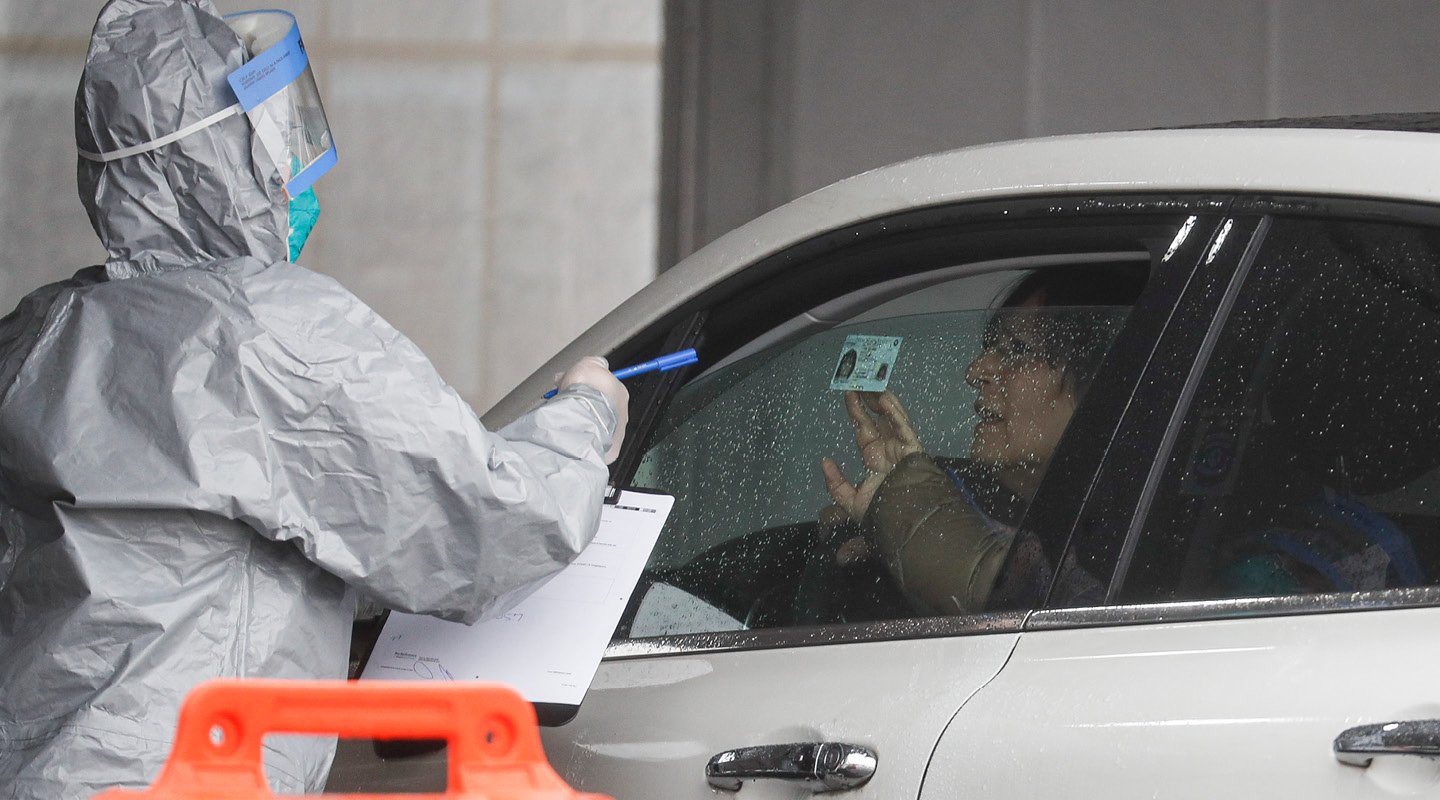President Trump on Friday afternoon officially declared a national emergency that he said would give states and territories access to up to $50 billion in federal disaster funds to combat the spreading coronavirus epidemic.
“To unleash the full power of the federal government, I am officially declaring a national emergency, two very big words,” he said.
He also gave broad new authority to the health secretary, Alex Azar, who he said would now be able to waive regulations to give doctors and hospitals more flexibility to respond to the virus, including making it easier to treat people remotely.
Trump said he was also waiving regulations to allow hospitals to “do as they want. They could do what they have to do.”
Trump said he was waiving interest on student loans, and that with oil prices low, the government would buy large quantities of crude oil for the nation’s strategic reserve.
“I’m urging every state to set up emergency operations centers effective immediately,” he added.
His comments marked the first time he has addressed the coronavirus as a problem within the country’s borders, not just something that needed to be kept out with travel restrictions.
Trump, who has been accused by critics of downplaying the crisis, detailed the administration’s efforts to speed testing, which was announced earlier on Friday. He said that millions of virus testing kits would become available, but he added that he did not think that many would be needed.
“We don’t want everybody taking this test,” he said. “It’s totally unnecessary.”
Cases in the U.S. have climbed past 1,800, even with the limited testing available so far, and the death toll has risen to 41. Many cities and states have begun shutting down big public events. Both the National Basketball Association and the National Hockey League suspended the remainder of their seasons, and Major League Baseball canceled the rest of spring training and delayed the start of the regular season. All Broadway shows have shut down. A growing number of school districts are closing their buildings, and businesses are asking workers to work from home in some of the hardest hit places. All these steps are efforts to reduce people’s contact with one another in order to slow the spread of the virus.
The two top Democratic presidential candidates—former Vice President Joe Biden and Vermont Senator Bernie Sanders—have been sharply critical of the Trump administration’s handling of the crisis and of the president’s leadership in particular.
Even as President Trump declared a national emergency to reporters in the White House Rose Garden, he tried to stress the positive.
“This will pass, this will pass through, and we will be even stronger for it,” the president said.

